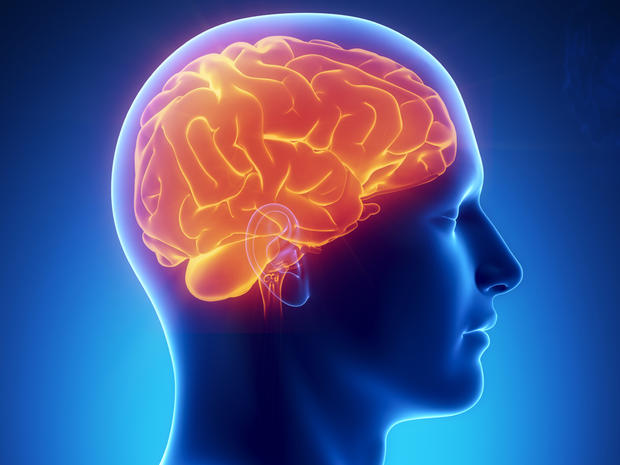Consuming three or more alcoholic drinks daily may raise risk for hemorrhagic stroke
(CBS News) Having three or more alcoholic beverages each day may put you at higher risk of having a a type of hemorrhagic stroke known as an intracerebral hemorrhage at an earlier age, according to a new study.
Women's stroke risk reduced with glass of alcohol each day: Study
Red wine may reduce men's blood pressure - but only if it's non-alcoholic
"Heavy drinking has been consistently identified as a risk factor for this type of stroke, which is caused by bleeding in the brain rather than a blood clot," said study author Dr. Charlotte Cordonnier, a neurologist with the University of Lille Nord de France in Lille, France, said in a press release. "Our study focuses on the effects of heavy alcohol use on the timeline of stroke and the long-term outcome for those people."
The American Heart Association reports that about 795,000 Americans have a stroke each year. In 2008, about 1 in 18 deaths was attributed to strokes. Typically, 85 percent of people will have an ischemic stroke which occurs when blood flow to the brain is stopped by blood clots or plaque, which are fatty deposits found in blood vessel linings, according to the Centers for Disease Control and Prevention (CDC).
The other type of strokes is known as hemorrhagic stroke, the CDC explained, which occur when a blood vessel bursts in the brain, and blood pools and puts pressure on brain tissue around the area. There are two types of hemorrhagic stroke: subarachnoid hemorrhage, which occurs in the areas between the brain and the surrounding tissues, and intracerebral hemorrhage, the most common kind of hemorrhagic stroke that occurs when an artery inside the brain bursts.
For the study, which appeared in the Sept. 11 issue of Neurology, 540 people who had an intracerebral hemorrhage were surveyed about their drinking habits. Family members and caregivers were also interviewed about the study participant's drinking habits. The researchers then tracked the participants for two years.
About 25 percent were categorized as heavy drinkers, meaning they consumed three or more alcoholic beverages a day or 1.6 ounces of "pure" alcohol. But, what was more astounding to researchers was that these heavy drinkers had their strokes at an average age of 60. This was 14 years earlier than the non-drinkers, who had strokes on average at 74.
Both groups had similar lengths of hospital stays and a similar number of complications from their strokes. But, heavy drinkers were also more likely to die during the two-year study follow-up period than the non-heavy drinkers.
"It's important to keep in mind that drinking large amounts of alcohol contributes to a more severe form of stroke at a younger age in people who had no significant past medical history," Cordonnier said.
Dr. Patrick Lyden, chair of the department of neurology at of Cedars-Sinai Medical Center in Los Angeles, said to WebMD that while it is true that one glass of red wine has been shown to lower heart attack and stroke risk for some, this study shows that people shouldn't rush out to start drinking.
"If you don't drink, don't start because you think it will protect your heart, and if you do drink, keep it moderate," he said.
